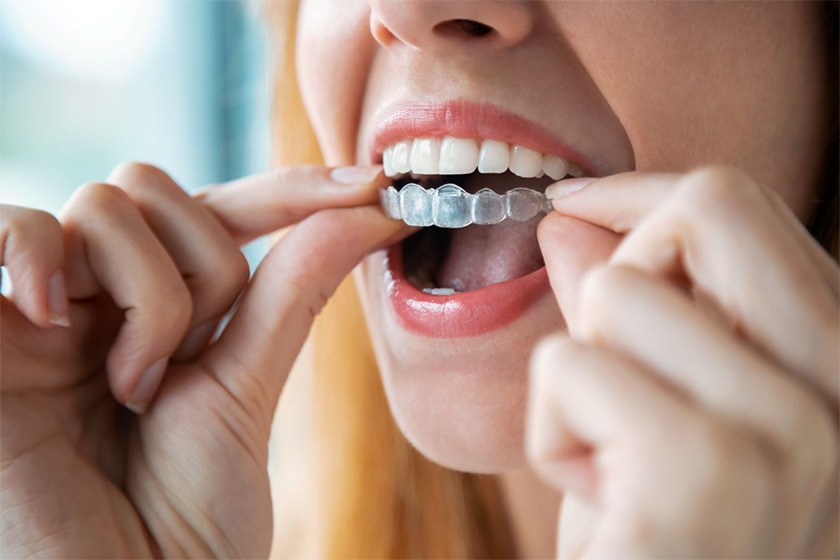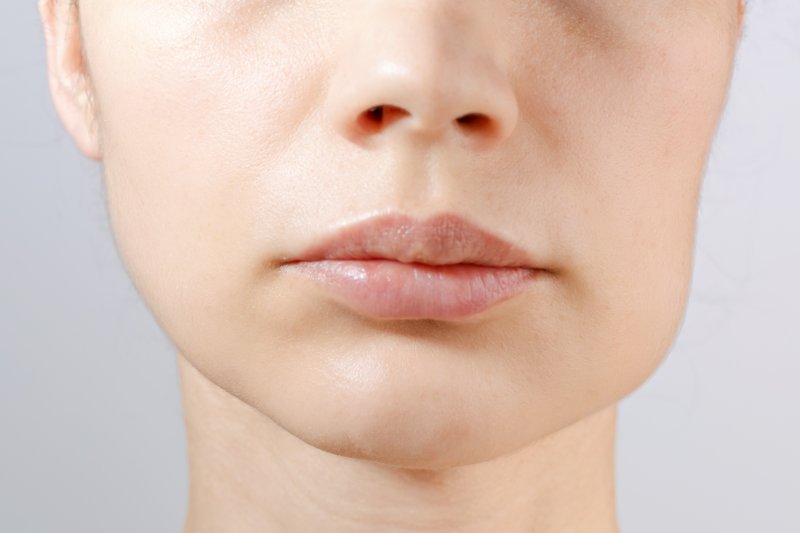Dental crowns are cap-like fixtures that dental professionals may use to protect, restore, or fortify a patient’s damaged teeth. They may help with a number of dental conditions.
If you have any of the following conditions and want to bring back your perfect smile, a crown may be the best treatment option for you:
Chipped or Broken Teeth
Chipped or broken teeth from injury are usually treated with a filling. However, if the extent of tooth structure lost during an injury is too much for a filling to cover, a cracked or shattered tooth may require a dental crown.
This is most common on upper premolars and lower molars, which have natural grooves along the tooth’s length.
Because of their closeness to the jaw joint, the molars are subjected to higher occlusal pressures. It is preferable to repair a fractured tooth before you notice any symptoms. This preventative technique can frequently prevent root canal treatment from being required.
Extreme Tooth Decay
A tooth with significant decay lacks enough healthy enamel and dentin to prevent further degeneration.
A crown covering may be required to eliminate the current damage to the tooth and safeguard it for years to come. Regular dental visits help detect minor pockets of deterioration before they become more significant problems.
Misshapen or Small Teeth
Teeth that are smaller than usual due to congenital conditions, such as “peg laterals,” can often be corrected with crown coverage. Other concerns such as tooth size and orientation may also benefit from crown covering.
A Misaligned Bite
Your bite may be misaligned due to losing teeth, teeth grinding, or genetics. Your cosmetic dentist may recommend a dental crown in this case. Having a dental crown can help shorten or lengthen the teeth and correct the misalignment.
Having Existing Damaged or Ill-Fitting Crowns
Crowns marketed as “permanent” are not necessarily such. The typical crown lasts 10-15 years, according to statistics. The lifespan of a crown is determined by the patient’s bite, nutrition, and oral hygiene.
A crown can have repeated deterioration at the margins or fracture, especially if it is porcelain bonded to metal and the porcelain chips off. Occasionally, these problems are merely aesthetic, and retreatment is entirely optional. In some cases, the old crown will need to be removed and replaced after the rot has been eliminated.
Having a Root Canal Done
It is absolutely necessary for a posterior tooth to obtain a crown after root canal therapy. A posterior tooth that has undergone a root canal but has not yet received a crown is six times more likely to fracture.
This is because a tooth that has gone through a root canal is more fragile. It is essentially hollow as the decay has been removed, revealing the inside of the tooth where the nerves and jawbone may be.
When teeth that have had root canals break, they are typically irreversible. This implies that extraction is the sole option. If you’ve had a root canal to relieve pain and save a tooth, the process is not done until the crown is cemented.
The coronal seal has been the most critical predictor of a successful root canal. A good root canal with a terrible crown on top will fail more frequently than a bad root canal with a great crown on top.
Conclusion
The dental crown is a valuable and effective tool that a dentist can use to fix several dental problems. Crowns are beneficial for patients who have teeth that have been broken, chipped, diseased, decayed, or that are simply smaller than average.
Are you looking for a cosmetic dentist in Lexington? Lexington Smile Studio offers various dentistry services, including cosmetic dentistry, prosthodontics, implants, laser dentistry, etc. Book an appointment today!







